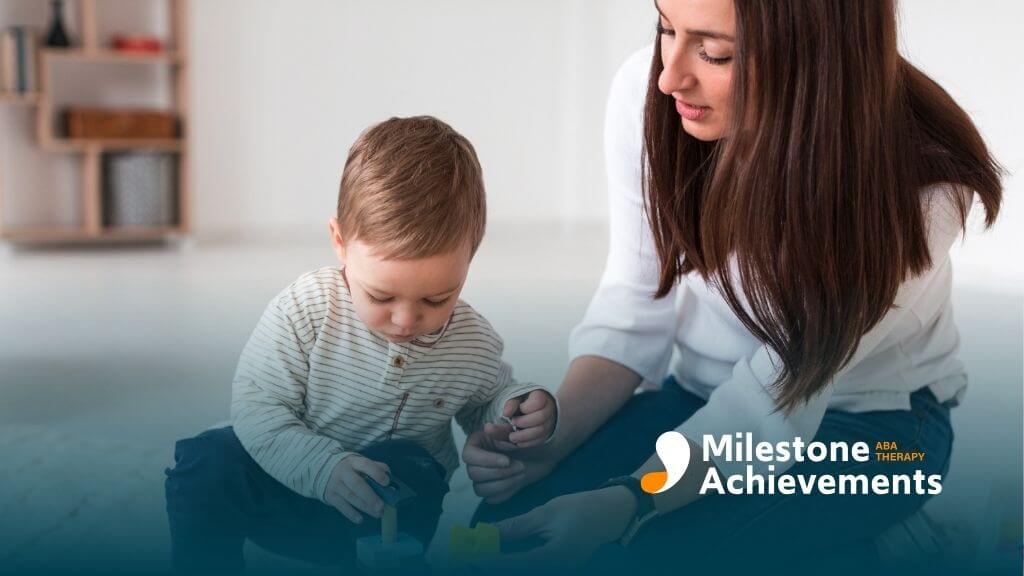
ABA Therapy for Teens vs. Toddlers
Learn how ABA therapy supports both toddlers and teens with autism, what makes each stage unique, and how personalized programs help every child thrive.
ABA therapy (Applied Behavior Analysis) is one of the most effective, evidence-based treatments for autism — but it doesn’t look the same for every age. The goals, strategies, and even the way sessions are structured often change as a child grows.
Let’s look at how ABA therapy supports both toddlers and teens in unique and meaningful ways.
ABA Therapy for Toddlers
For toddlers, ABA therapy focuses on building the foundation for communication, play, and social skills. Early intervention for autism is powerful — the younger a child begins therapy, the more their brain can adapt and learn new skills naturally.
In early childhood sessions, you’ll often see therapists using:
- Play-based learning to teach sharing, imitation, and following directions
- Early communication training (like gestures or simple words)
- Positive reinforcement for small steps and progress
- Parent involvement to help carry new skills into daily routines
The focus isn’t just on “fixing behaviors” — it’s about helping little ones connect, express themselves, and feel understood.
ABA Therapy for Teens
As children grow, their needs evolve. ABA therapy for teens focuses more on independence, confidence, and real-world skills.
Therapists might work on:
- Managing emotions and handling social situations
- Improving communication in peer and school settings
- Building self-care and daily living skills
- Preparing for transitions — high school, work, or more independence
For teens, therapy often involves more collaboration — listening to their goals, interests, and struggles. It’s about empowering them to take ownership of their growth, not just following instructions.
Whether your child is two or sixteen, ABA therapy is always tailored to them — their age, abilities, and personality. The heart of ABA never changes: helping each person reach their potential through understanding, patience, and positive support.
At Milestone Achievements, our team specializes in designing personalized ABA programs in Georgia for every stage of life — from early intervention for toddlers to skill-building for teens. No matter where your child is on their journey, we’re here to help them grow with confidence and care.


Partner with us on your child's journey
Milestone Achievements offers evidence-based ABA therapy to help children with autism reach their full potential. Together we’ll set meaningful goals and celebrate progress every step of the way.
Start ABA Services TodayFrequently Asked Questions (FAQs)
Is ABA therapy effective for older children and teens?
Yes. While early intervention is ideal, ABA can help at any age by focusing on age-appropriate goals like communication, social, and life skills.
How long does ABA therapy last for toddlers vs. teens?
It varies. Toddlers often start with more frequent sessions, while teens might focus on targeted skill areas a few times a week.
Do parents participate in ABA therapy for teens?
Absolutely. Parent involvement remains important, though teens often take a more active role in setting goals and tracking progress.
Can ABA therapy help with behavior challenges in teenagers?
Yes. ABA teaches practical coping strategies, emotional regulation, and problem-solving — skills that benefit teens well beyond therapy.
How do ABA goals change over time?
Goals evolve as your child grows. What starts as learning to communicate might later become learning to self-advocate — both guided by the same supportive principles.



